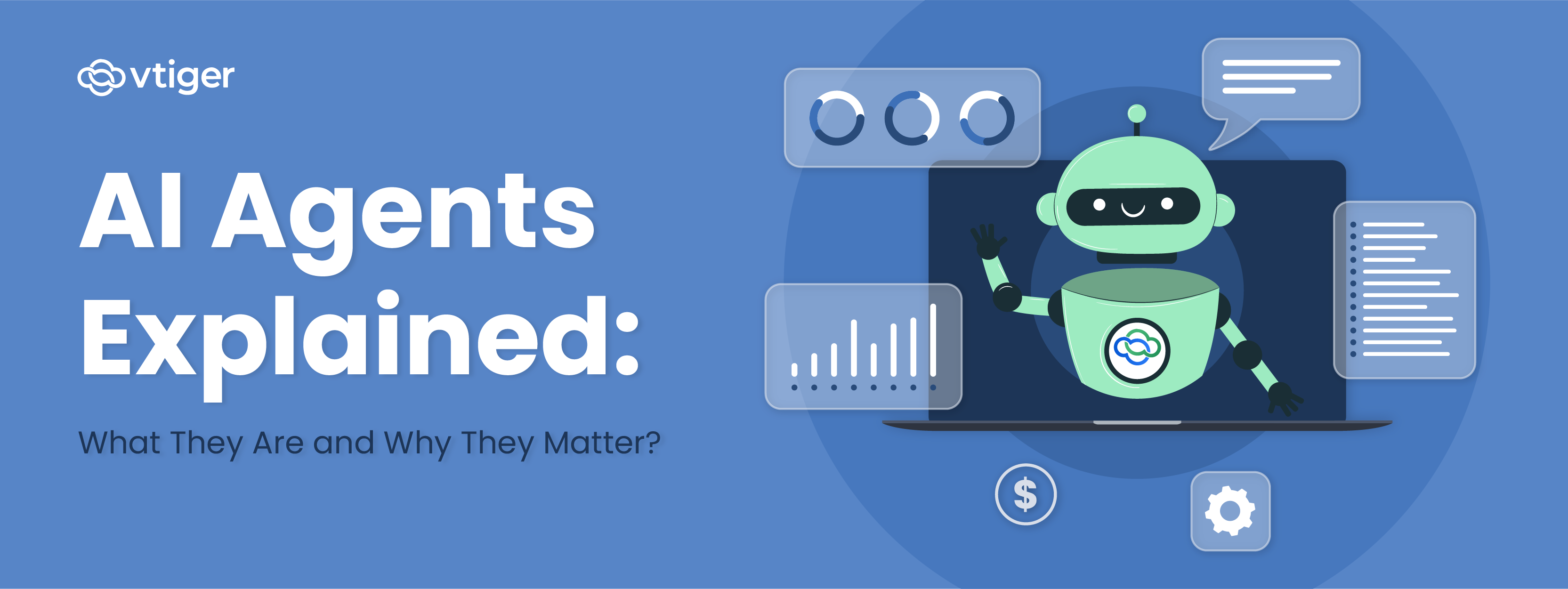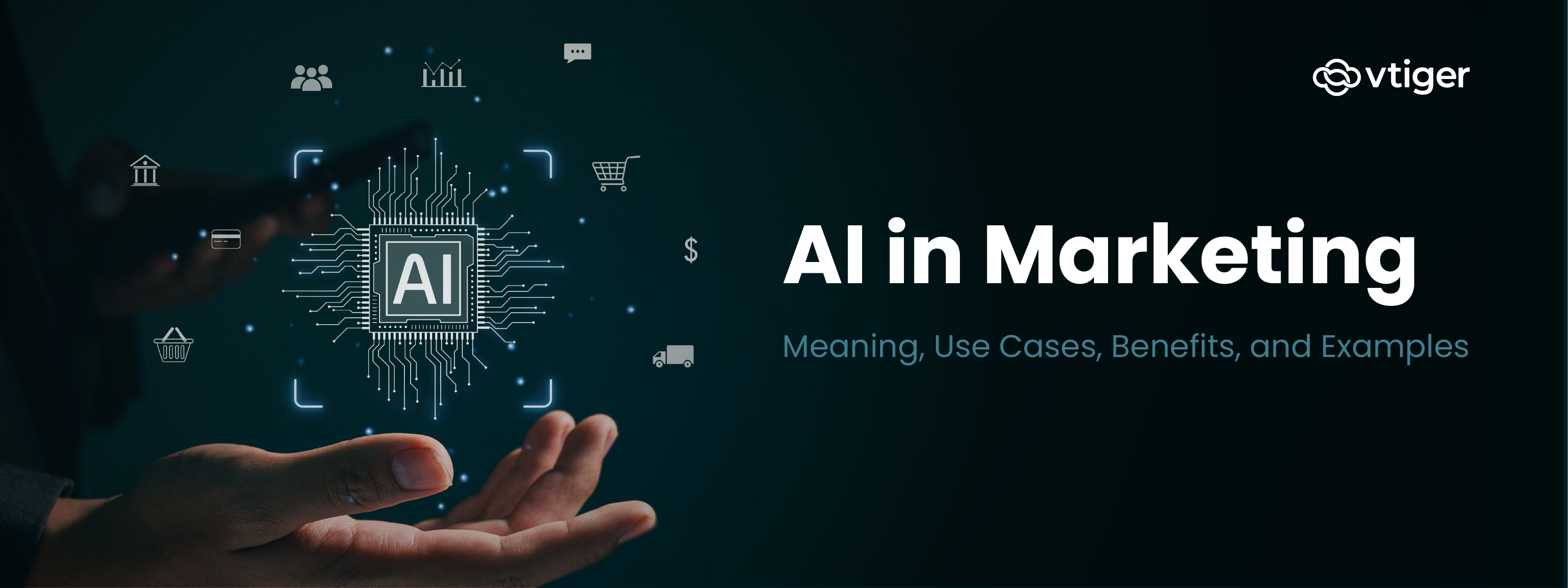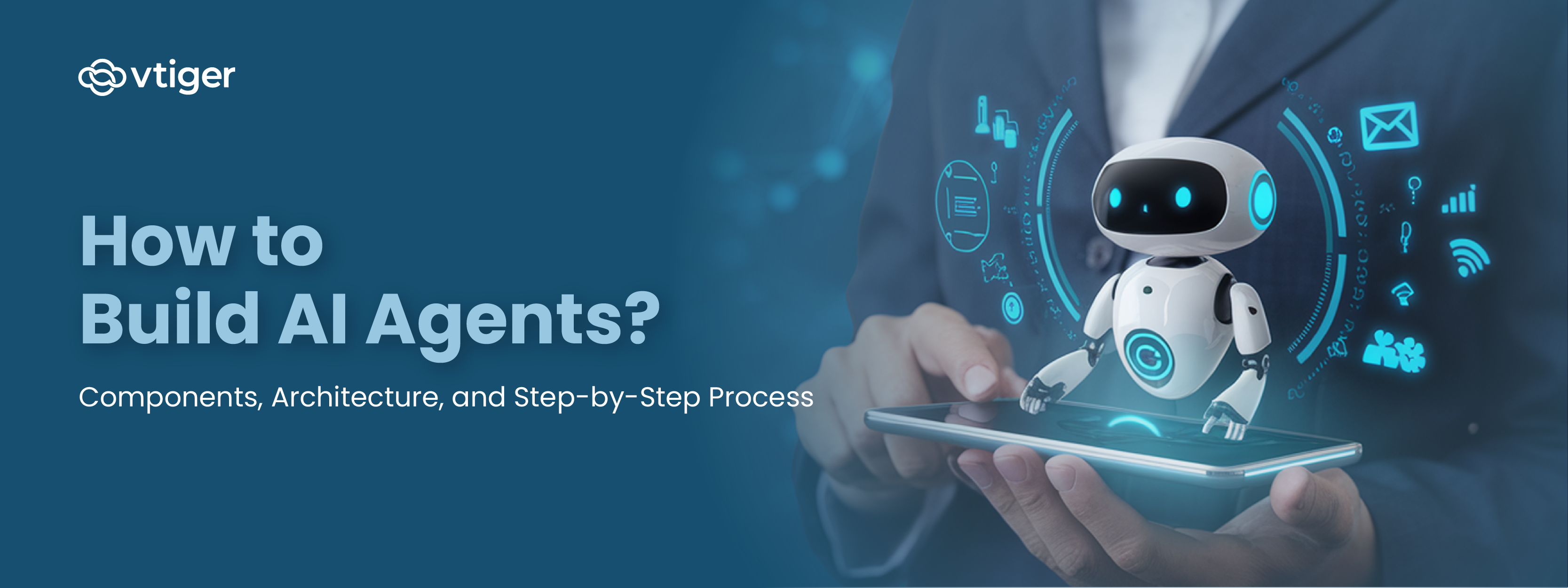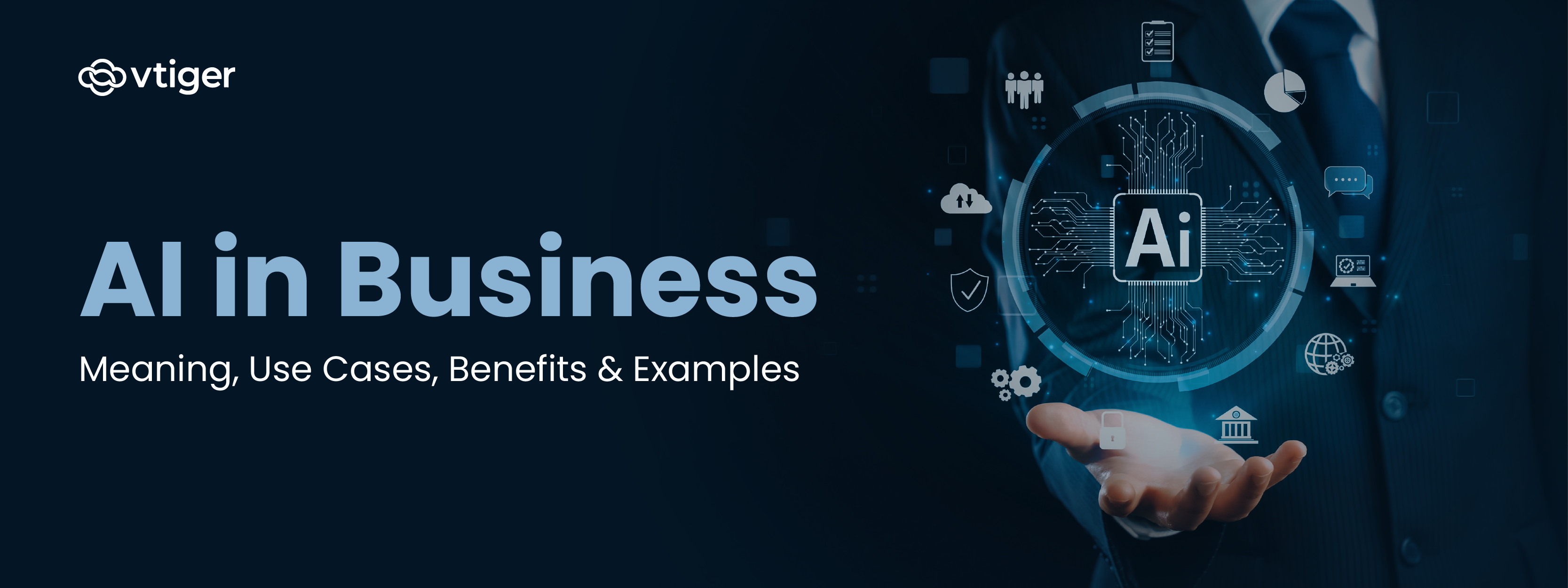What is an AI Agent?
Artificial Intelligence (AI) has been a hot topic in the technology space over the last few years. I’m sure you have run into various iterations of AI up to this point. Perhaps you actively tested the latest AI applications, such as ChatGPT, created by OpenAI. On a smaller scale, you may have utilized Gemini, now built into Google, where its output will be the first text response displayed when searching for a topic.
This is, of course, just the tip of the iceberg in what is now available in the AI space, with many companies rapidly expanding the capabilities of their offerings and the intractability of those programs.
In whatever capacity you have used AI, you likely noticed that at a basic level, these AI applications required an initial prompt to give a response. Even then, the response may not have been exactly what you expected or wanted from the program, and you needed to give stricter instructions for the output you received.
This process is even more true if you are using AI to help with development work or to generate personalized marketing and sales content. This process will almost always require multiple iterations and then even smaller personal edits to finalize the output for use.
What if the guardrails, knowledge base, and expectations for the AI were already in place?
This, in simple terms, is what AI Agents accomplish. With AI Agents, you expand on top of the existing LLM models to guide them toward specific process flows that are beneficial and relevant to your personal or professional use cases.
The best definition of AI Agents as they work now was in the article titled similarly to this one, ‘What Is An AI Agent?’ with the quote,
“The simple definition I have historically used,” says Roetzer, “is that an AI agent takes actions to achieve goals.”
What Role Will an AI Agent Take?
The AI Agent, as it currently exists, is designed to supplement your existing employees. This will include the handling of menial tasks, administrative work, and simplifying communication with your customer base.
On a more focused scale, within Vtiger, the AI Agents that can be created will be capable of various tasks across all modules in the CRM. They are created to autonomously handle specific situations as designated within the configuration of each agent.
It is best to think of each agent as responsible for handling, analyzing, and responding to one specific section of the CRM.
For example, you could create an AI agent trained in internal documentation that helps teach new users about your products and services. This agent responds with relevant information when asked a question associated with those products or services.
Following that, you create a support agent that helps summarize and give recommendations for incoming support emails. While the first agent would be utilized when reviewing the initial email, the second agent could also be utilized in the same scenario if information on a specific product is required for a response.
Once an agent is created, they do not exist in a vacuum, and all of them work together to allow users of the system to save time on menial tasks, offer quick and accurate resolutions to support queries, and both simplify and create consistent messaging on the sales side.
That’s just the beginning of what is fully possible, and the best starting point for creating an AI Agent in Vtiger CRM is asking, What needs to be automated?
How AI Agents Work?
The decision-making process of an AI Agent follows preset paths that are configured when the AI agent is first created. These are guardrails the AI Agent follows toward its end goal to help prevent AI hallucinations or incorrect work.
The general workflow for an AI agent is best broken down into four steps.
Receive Input
The first step for all AI Agents is receiving input. This input is predetermined upon the agent’s creation and can be a prompt that initiates the AI Agent’s job or a steady stream of data that it parses through.
Set an Objective
From the initial input, the AI Agent determines its objective. This objective is predefined when creating an agent and is further broken down into step-by-step instructions that must be completed for the AI Agent to complete its job.
This overall objective is determined either by identifying keywords or by utilizing a large language model (LLM). An LLM breaks down a prompt into individual words or sub-words. Then, utilizing the training received from a very large data set, the LLM understands the context, relationships, and other key entities by framing the prompt against previously understood patterns.
From this understanding, an objective or response is generated.
Review Existing Information
With the knowledge of how to complete its job, the AI Agent now reviews the information it has been trained on internally, alongside information from the LLM, data in the CRM, or other additional data sources linked through API access to fully complete its objective.
This data is then utilized to generate a response that best matches each step needed.
Implement the Objective
The AI Agent now follows each step, obtaining additional input from the user if necessary to complete its objective.
This objective could be as simple as drafting an email to a new lead or as complex as helping create an automated process flow within the CRM.
The decision-making process of an AI Agent follows preset paths that are configured when the AI agent is first created. These are guardrails the AI Agent follows toward its end goal to help prevent AI hallucinations or incorrect work.
Applications of AI Agents
AI Agents are intended to be intelligent assistants that provide insights, recommendations, and support to human teams, enhancing productivity and decision-making. This use expands into countless industries and other use cases.
AI Agents for Business
AI Agents can help supplement various aspects of a business by working in Sales, Support, Human Resources, and many other departments.
These agents can help with data summarization and prioritization. This can be useful for analyzing existing data to understand product or service sales performance, qualifying and prioritizing leads for the sales team, and even screening incoming resumes.
Beyond data summarization, AI agents can generate content and interact with leads and customers. For example, an AI agent can draft emails to leads (for sales) or respond to support inquiries. They can also schedule meetings and interviews and even handle basic initial sales and support conversations with customers.
These are just a few examples of how AI agents can benefit a business, and the possibilities are constantly expanding.
AI Agents for Personal Use
In your personal life, you may already be utilizing one or more AI Agents to simplify everyday tasks. This can be in the form of Alexa within your home or one of the many AI features now available on mobile phones. Below are just a few of the biggest use cases for Personal AI Agent.
- Personal assistants: AI agents can act as personal assistants, helping you manage your schedule, set reminders, send emails and messages, make calls, and even book appointments. They can learn your preferences and habits over time, anticipate your needs and proactively offer assistance.
- Health and fitness: AI agents can track your workouts, sleep patterns, and diet, providing personalized recommendations and insights to help you achieve your health goals. They can also remind you to take medication, schedule check-ups, and even offer motivational support.
- Entertainment: AI agents can recommend movies, TV shows, music, and books based on your tastes and preferences. They can also curate personalized playlists, discover new content, and even control your entertainment system hands-free.
In similar ways, AI Agents can assist with travel arrangements, educational schedules, and learning materials, while specialized agents can aid hobbyists in code development or creative project design.
Benefits of AI Agents
The benefits of AI Agents are numerous. They save time on performing menial tasks, help with consistent and professional messaging across an organization, and much more. Below are four of the benefits I find to be the most important when discussing AI Agents.
- Increased Productivity and Efficiency
AI Agents, when used within a software platform, help to perform everyday tasks. These include updating Contact information, drafting emails, handling simple communications through Chatbots or other messaging options, and searching through and summarizing large datasets. This allows team members to focus their attention on the aspects of the job that matter most, rather than on administrative tasks.
- Personalized Experiences and Recommendations
For certain jobs, sending emails personally to each contact or lead, even when using email templates and other tools to simplify the process, can be time-consuming. Oftentimes, the tone and personal information needed can still be missed between different teams within the company. This approach can also be used to understand and recommend new and existing products and services to both new and existing customers. AI Agents help by drafting personalized emails, recommending when those emails should be sent, and recommending and offering information on products and services a company may offer. An AI Agent can step in and help summarize, understand, and offer bespoke solutions for many different scenarios. This enables consistent messaging across a company while keeping it up-to-date on current products and services within that messaging.
- Improved Decision-Making
AI agents can analyze vast amounts of data and provide insights that humans might miss, helping you make more informed decisions. For instance, an AI agent could analyze the effectiveness of email campaigns during specific times of day and recommend the best times to send them, or it could create analytics based on the overall sales of specific products during specified time frames allowing your team to best understand your customers needs during certain times of the year.
- Availability
AI agents can operate at all times of the day, providing constant support and assistance whenever needed. This can be particularly valuable for tasks such as scheduling appointments, providing answers to employee questions, or offering first-level support.
Challenges and Limitations of AI Agents
- Privacy Concerns
- Privacy is the foundation on which companies that work with sensitive data must be built. AI requires and receives access to various data sets which does bring up privacy concerns. A few are:
- Data Access: The data that an AI is trained on and further has access large amounts of data, but it is a necessity to know that there isn’t any personal information from users or customers on the business side being sent and stored within the platform. This includes concerns of AI Agents only accessing data they have permission and not accessing other areas of a system to handle their task.
- Data Security: The data within the LLM model must be secure, but it also must not create vulnerabilities in other areas of the data being accessed. These vulnerabilities can be in other areas such as third-party APIs. A lack of transparency is also a concern here in what data specifically is being sent and stored, how it is being stored, and how sensitive information is being removed from prompts being sent.
- Bias and Discrimination: AI programs and the agents created from them are trained off of various large datasets. Although not intentional, if biases or discriminatory language or choices exist within those datasets, the AI could emulate those patterns.
- Privacy is the foundation on which companies that work with sensitive data must be built. AI requires and receives access to various data sets which does bring up privacy concerns. A few are:
- Configuration Complexity
- There are many requirements for having a functional and useful AI Agent. The first step is making sure your available data is stored in an easy-to-access method and is fully up-to-date and accurate. Following that, you will need a large amount of data to train an AI Agent if you would like to use it to help in specific business tasks. You then need to create the Agents themselves using descriptive wording and possibly creating additional prompts and APIs for the appropriate data to be accessed. Although complex in creation and upkeep, the end goal can help your company immensely.
- Dependence on High-Quality Data
- All aspects of an AI Agent require the data to be stored accurately with minimal duplicate data and any new information to be added while outdated information is removed from the training data sets. This data is what helps an AI Agent formulate its responses, so if incorrect, biased, or discriminatory data is used then the output of the AI Agent is more likely to contain those same errors.
- Ethical and Social Concerns
- The biggest concern ethical concern with AI Agents is job displacement. Where the AI Agents will replace workers, primarily in the early sales, support, and administrative roles within a company. As they exist right now, AI Agents will only work to supplement the work of existing employees, not replace them. Alongside that, there is a humanistic concern about how an over-reliance on AI Agents for communication and tasks will lead to a decline in human connection both personally and professionally. This concern is only going to grow alongside the capabilities of AI and AI Agents. The change here will be an ethical uptaking by companies and users themselves to still add in points of human connection with their use of AI. These are just a few of the ethical concerns with many more currently being discussed as the AI industry rapidly evolves. To learn more, I would recommend reading the article ‘5 Ethical Considerations of AI in Business’ by Kate Gibson as she delves into great detail on what we all need to keep in mind when expanding our use of AI Agents.
We are all experiencing a very large technological and cultural shift with the expansion of AI and AI Agents in personal and professional settings. Given the monumental impact of this technology, I recommend reading beyond what I have discussed in this blog and, if you haven’t already, trying out a few AI tools for yourself. If you are using Vtiger CRM, test out Calculus AI soon, and use our AI Agents with it. There is much to be concerned with, as I mentioned above, but even more to be excited for as we all get to experience and utilize this burgeoning technology.
To see AI Agents in action, join us for a live webinar where we’ll show how sales and support teams can use Vtiger’s AI Agents to boost productivity, automate tasks, and deliver a better customer experience.




